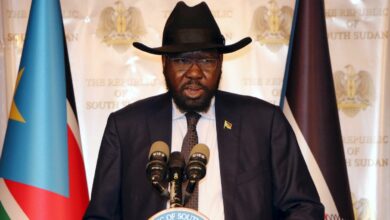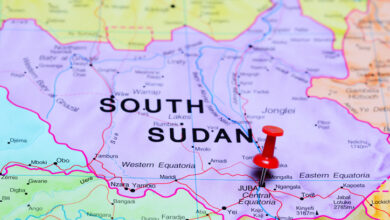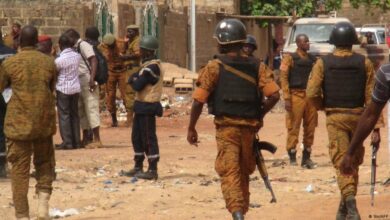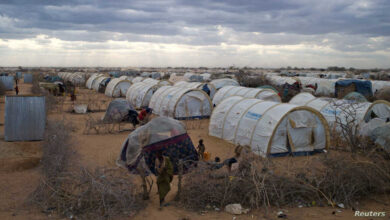South Sudan
South Sudan: Government Planning To Change Currency To Revive Ailing Economy
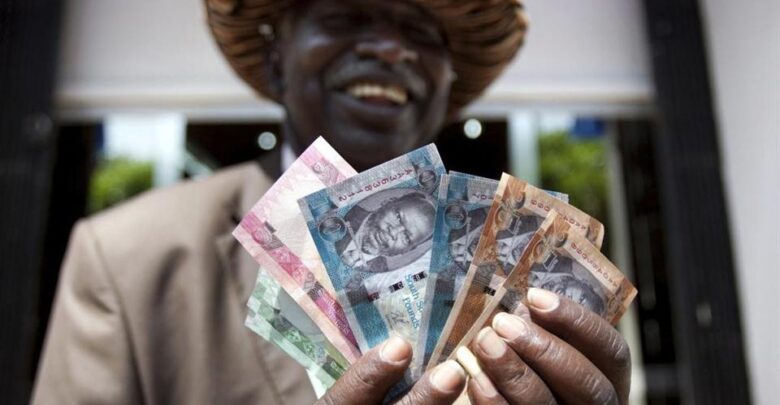
South Sudan’s cabinet has decided to change the country’s currency in a bid to improve the country’s ailing economy, the government spokesman said on Friday, reported Reuters.
“The cabinet has decided that the current currency should be changed….This is to improve our economic situation,” South Sudan’s Information Minister Michael Makuei Lueth said a news conference in the capital Juba following a cabinet meeting.
The cabinet meeting was also attended by commercial banks representatives operating in the country, who are part of an economic committee working with the central bank.
The country currently has the South Sudanese pound as its official currency which was adopted when it gained independence from Sudan in 2011 after a long civil war.
Another war led to an economic crisis in the oil-producing nation. The economy was badly impacted by more than seven years of conflict which affected the country’s oil production, its major source of foreign reserves.
In July, a central bank official had warned that South Sudan was running out of foreign exchange reserves and the government was not able to stop the pound’s depreciation.
The minister said the people of the country are keeping their money at home as they believe that their money will be confiscated if they take it to the banks.
He said the cabinet has decided to change the currency so that people who are not taking the money to the bank are left out and will ultimately lose it. He did not give a date when the new currency will be introduced but admitted that all the efforts are aimed towards reviving the economy.
“We will have the new currency anytime….this is the information to the people and the people will be given a time limit,” the South Sudanese minister said.
He said the committee will report back with a clear policy on the economy in seven days’ time.


